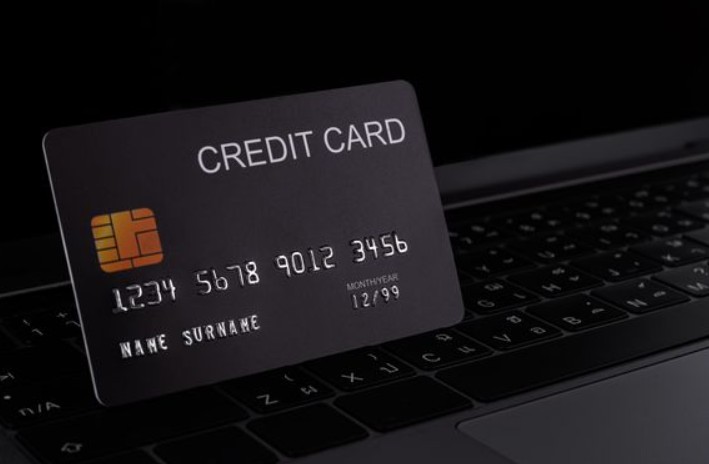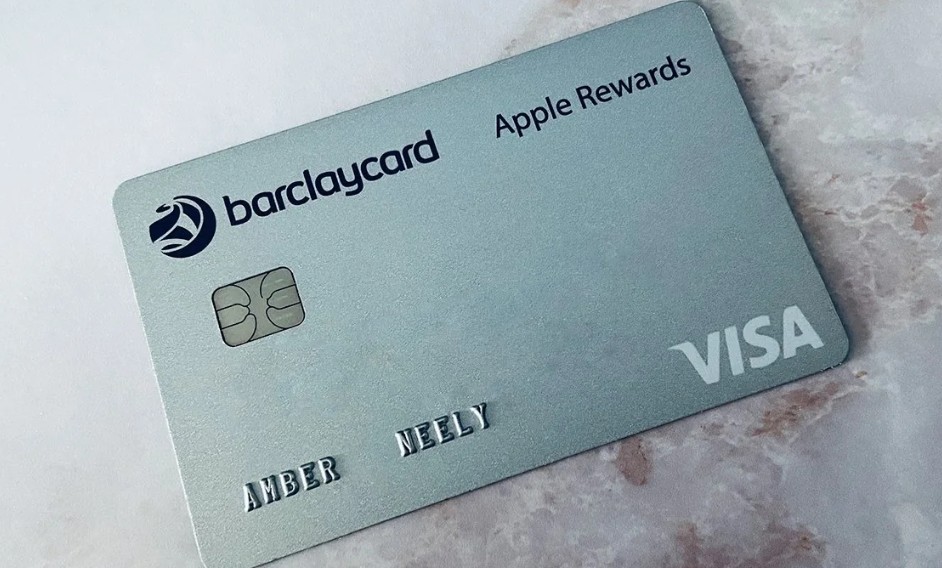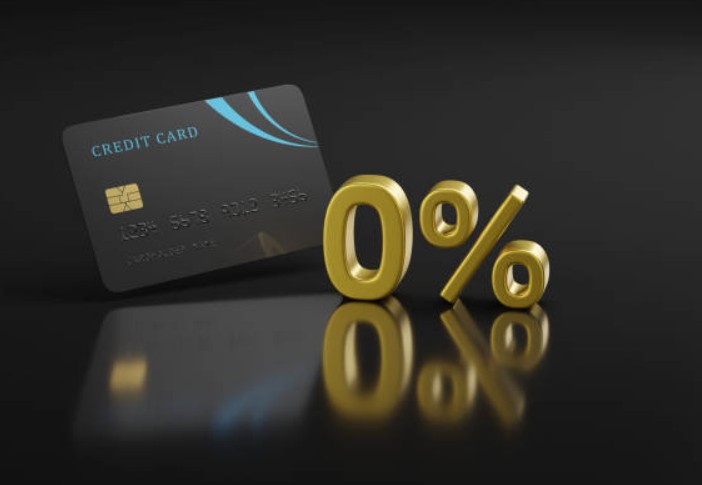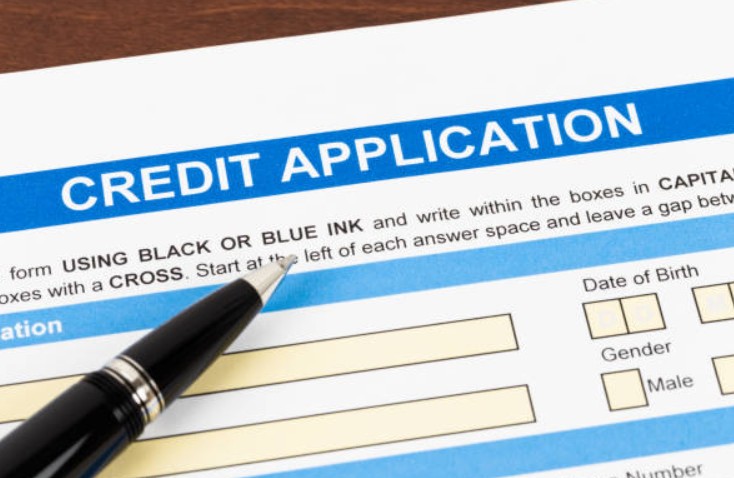A credit card is a payment tool that lets you borrow money up to a limit to buy goods or services, which is then paid back monthly with or without interest. The Best UK Credit Cards help you do this smartly, offering perks like 0% interest or cashback when used responsibly.
Each card comes with a credit limit, and you’re expected to make at least the minimum payment each month. If you don’t clear the full balance, interest known as APR applies.
Used wisely, credit cards can help build your credit score, manage cash flow, and offer rewards or cashback. But missed payments or overspending can lead to debt and damage your credit report.
It’s important to check your statement regularly, stay within your limit, and aim to repay in full to avoid interest charges.
How Do Credit Cards Work?
A credit card lets you borrow money up to a set limit to make purchases. What you spend is billed monthly, and interest applies if the full balance isn’t paid.
Each month, you get a statement showing how much you’ve spent. You can pay the full balance or just a minimum payment. If you don’t pay in full, interest is charged on the remaining balance. This is calculated using the card’s APR (Annual Percentage Rate).

Some cards offer 0% interest for a limited time, often on balance transfers or new purchases. Always check the terms. Paying only the minimum costs more in the long run and takes longer to clear the debt. It’s best to pay more when you can.
Using a credit card responsibly, like paying on time and staying within your limit, can help build a good credit score. Credit cards also offer benefits like fraud protection and can be useful in emergencies. But misuse can lead to debt and financial stress.
Top 5 Best UK Credit Cards
The Best UK Credit Cards are the ones that match your financial goals, whether you’re after rewards, 0% interest offers, balance transfers, or travel perks.
Whether you’re after interest-free borrowing, rewards for everyday purchases, or trying to rebuild your credit score, there are plenty of great credit cards available in the UK.
Below are five of the Best UK Credit Cards currently on offer, tailored to different financial needs and credit profiles.
1. Barclaycard Platinum Balance Transfer Credit Card
Best for: Long 0% interest on balance transfers
If you’ve built up credit card debt and want time to pay it off without mounting interest, this card is one of the Best UK Credit card options on the market. It offers up to 24 months of 0% interest on balance transfers, giving you breathing room to reduce your balance.

- Balance transfer fee applies (typically around 3.45%)
- No interest on balance transfers for up to 2 years
- Minimum income and good credit history are usually required
This card is ideal for clearing debt rather than new spending, so avoid making purchases unless you’re confident in repaying quickly.
2. Virgin Money All Round Credit Card
Best for: 0% interest on both purchases and balance transfers
This is a flexible credit card for those who want the best of both worlds, interest-free spending and balance transfers. Virgin Money offers up to 12 months of 0% interest on purchases and balance transfers, making it ideal for short-term borrowing.
- No annual fee
- Manage your card through the Virgin Money app
- Offers online discounts and customer perks
- It’s a great pick if you need to fund a large one-off purchase or spread out repayments without paying extra interest.
3. American Express Platinum Cashback Everyday Card
Best for: Earning cashback with no annual fee
Want to earn while you spend? This card offers up to 5% cashback in your first three months (up to £100), then up to 1% ongoing cashback depending on your annual spend.
- No annual fee
- Cashback is paid annually to your account
- Amex is accepted widely, but not everywhere
- If you pay your balance in full every month, this is a rewarding choice for regular purchases like groceries, travel, and online shopping.
4. Aqua Classic Credit Card
Best for: Building credit with poor or limited credit history
Aqua is a well-known UK credit builder card provider. The Aqua Classic is designed for those who’ve been declined elsewhere or have a limited credit record.
- Starting credit limits from £250–£1,200
- APR is higher (around 37.9%), so paying in full is key
- Reports to all major UK credit agencies
- Used responsibly, this card is great for improving your credit score over time, especially if you make small purchases and repay in full each month.
5. Tesco Foundation Credit Card
Best for: Credit building with a trusted UK brand
Offered by Tesco Bank, this card is ideal for those who want to start or rebuild their credit with a manageable credit limit.
- No annual fee
- Access to Tesco Bank’s credit-building support tools
- Earn Clubcard points on spending
- It’s a good starting point if you’re trying to get your first credit card or have had past financial difficulties.
What are 0% Interest Credit Cards?
A 0% interest credit card is great for saving money; it lets you make purchases or transfer debt without paying interest for a set time, which is helpful.
It’s ideal for balance transfers or big buys. Pay at least the minimum monthly payment to keep the 0% rate. Check fees and plan to clear it before interest kicks in. Used smartly, it helps manage debt and improve your credit score.
Why Choose a 0% Interest Credit Card?
A 0% interest credit card helps you save on interest, manage repayments, consolidate debt, and spread large purchases without paying extra charges.
It’s ideal for balance transfers or covering emergency costs, giving you an interest-free period to clear your balance with manageable monthly payments.
Used wisely, it can improve your credit score, reduce financial stress, and help you budget more effectively without the pressure of rising interest fees.

What Should You Know about 0% Cards?
A 0% credit card is a deal where no interest is charged for a set time it was designed to help manage spending or clear debt without extra cost.
These cards are ideal for balance transfers or big purchases, letting you spread costs interest-free. But once the 0% period ends, a high APR kicks in.
Missing payments or going over the limit can cancel the deal and hurt your credit score. Use with a plan pay on time, avoid cash withdrawals, and check fees.
What are Interest-Free Credit Cards?
An interest-free credit card is a card that charges 0% interest for a set period, which is useful for spreading costs or clearing existing debt. These cards offer a grace period with no interest. Perfect for budgeting bigger spends, but only if you’re disciplined about repayments.
Are There Hidden Costs With Interest-Free Cards?
Yes, interest-free cards can have hidden costs like late fees, annual charges, or higher rates after the promo ends if the balance isn’t paid in full.
That 0% APR is usually limited to a promotional period, and missing even one minimum payment could cancel the offer. Some cards use deferred interest, meaning if you don’t clear the balance by the end of the term, you’re charged interest from day one.
It’s also worth checking for balance transfer fees, foreign transaction fees, and whether the interest-free period applies to purchases, transfers, or both. Always read the small print to avoid surprises.
Who Should Consider an Interest-Free Credit Card?
Anyone wanting to spread the cost of purchases, avoid interest on existing debt, or manage short-term expenses should consider an interest-free card.
Interest-free credit cards are great for spreading the cost of purchases or clearing existing debt with 0% APR. They’re ideal for balance transfers or big spends if you want to avoid interest for a set time.
To make the most of the interest-free period, always pay at least the minimum monthly repayment and stay within your credit limit. It’s a smart way to manage short-term costs without extra fees. Many of the Best UK Credit Cards are designed specifically for this purpose.
Credit Cards for Bad Credit
Credit cards for bad credit are designed to help rebuild your score; they often have low limits, higher APRs, and may require proof of steady income.
They’re useful if managed well paying on time and staying within your limit can slowly improve your credit score. Many UK providers offer features like app tracking, text alerts, and soft-check eligibility tools.
Though rates are higher, paying off the full balance monthly avoids extra charges and builds lender trust. This can lead to better cards, loans, or even mortgage approval later on.
How Do Credit Cards Help Rebuild Credit?
Using a credit card is a way to rebuild credit because it was meant to show lenders you pay bills on time and keep your debt low consistently.
This helps improve your credit score steadily, making it easier to qualify for loans, mortgages, or better interest rates. Just remember, paying your balance in full each month is best to avoid extra fees and debt buildup.
Consistent, on-time payments show lenders you’re responsible and trustworthy.
Guaranteed Approval Credit Cards for Bad Credit UK
Guaranteed approval credit cards for bad credit UK are very rare; secured or credit builder cards help rebuild credit safely and improve your chances.
These cards often require a deposit, which acts as your credit limit, reducing risk for lenders. Using them responsibly by paying on time helps boost your credit score.
void offers that promise instant approval with no checks they can be scams or come with hidden fees. Always compare fees, interest rates, and terms before applying.
Improving your credit takes time, but steady, responsible use of credit builder cards is one of the best ways to regain financial trust in the UK.
How Can You Improve Your Credit Score Before Applying?
Improving credit is about paying bills on time, reducing debts, checking reports for errors, avoiding many applications, and keeping credit use low.
Steps to improve your credit score:
- Pay bills on time — Late payments are a major factor in lowering credit scores.
- Reduce outstanding debts — Lower balances improve your credit utilisation ratio.
- Check your credit report — Look for mistakes or fraud that was affecting your score.
- Avoid multiple credit applications — Too many checks in a short time can harm your rating.
- Keep old accounts open — The length of your credit history was important and helps boost your score.
- Be patient and consistent — Credit improvement is gradual, but regular good habits was what truly made the difference.
How to Use Credit Cards to Rebuild Credit?
Using a credit card is helpful to rebuild credit; keep balances low, pay on time, and use it regularly so your credit score was improved gradually.
Steps to rebuild credit with a credit card:
- Use the card for small, regular purchases you can afford.
- Always pay your full balance or at least the minimum on time.
- Keep your credit utilization below 30% of your limit.
- Avoid applying for multiple cards at once, as this was seen negatively by lenders.
- Monitor your credit report to track progress and fix errors.
How to apply for a credit card?
To apply for a credit card, check your credit score, compare deals, choose a card, fill out the online form, and wait for approval from the provider.

Check your credit score – Use a UK credit reference agency like Experian or Equifax to understand your credit rating it affects approval chances and credit limits.
Compare credit card deals – Look at interest rates (APR), balance transfer options, annual fees, and rewards to find a card that suits your financial needs.
Check eligibility – Use online eligibility checkers, which do a soft credit search and won’t affect your score. Make sure you meet age, income, and residency requirements.
Choose the right card – Whether it’s a 0% interest, rewards, or credit builder card, pick one that fits your spending habits and financial goals.
Fill out the application – Apply online or in-branch by providing details like your name, address history, employment status, and income. Be honest and accurate.
Wait for approval – Some providers give instant decisions; others may take a few days. If accepted, you’ll get your card and credit limit details by post.
Activate and use responsibly – Once the card arrives, activate it and use it wisely. Keep balances low and pay on time to build credit and avoid interest charges.
Things to know before choosing credit cards
| Credit Card | Ideal For | Interest-Free Deals | Annual/Transfer Fees | Credit Score Needed | Rewards or Perks |
|---|---|---|---|---|---|
| Barclaycard Platinum | Paying off existing debt | 0% on balance transfers for up to 24 months | 3.45% balance transfer fee, no annual fee | Good credit typically needed | Longest balance transfer window |
| Virgin Money All Round | Spending + balance transfer combo | 0% on purchases & transfers for 12 months | No annual fee | Fair to good | App-based tools, discounts, flexible usage |
| Amex Platinum Cashback Everyday | Everyday spending with cashback | No 0% offer (standard APR applies) | No annual fee | Good to excellent | Up to 5% cashback, Amex-exclusive offers |
| Aqua Classic | Rebuilding poor credit | None (high APR around 37.9%) | No annual fee | Poor or limited credit | Reports to agencies, helps boost credit score |
| Tesco Foundation | First-time credit card users | None (standard APR applies) | No annual fee | Poor to fair credit | Clubcard points, Tesco customer tools |
FAQs
Can I get a 0% interest card with bad credit?
It’s unlikely, but some fair-credit cards offer short-term 0% deals.
How long do 0% interest periods last?
Typically 3 to 24 months, depending on the card and your credit profile.
Will applying for multiple cards hurt my score?
Yes. Multiple hard checks can temporarily lower your score.
Do I need a high income to get approved?
Not always. Many credit builder cards are available for lower-income levels.






